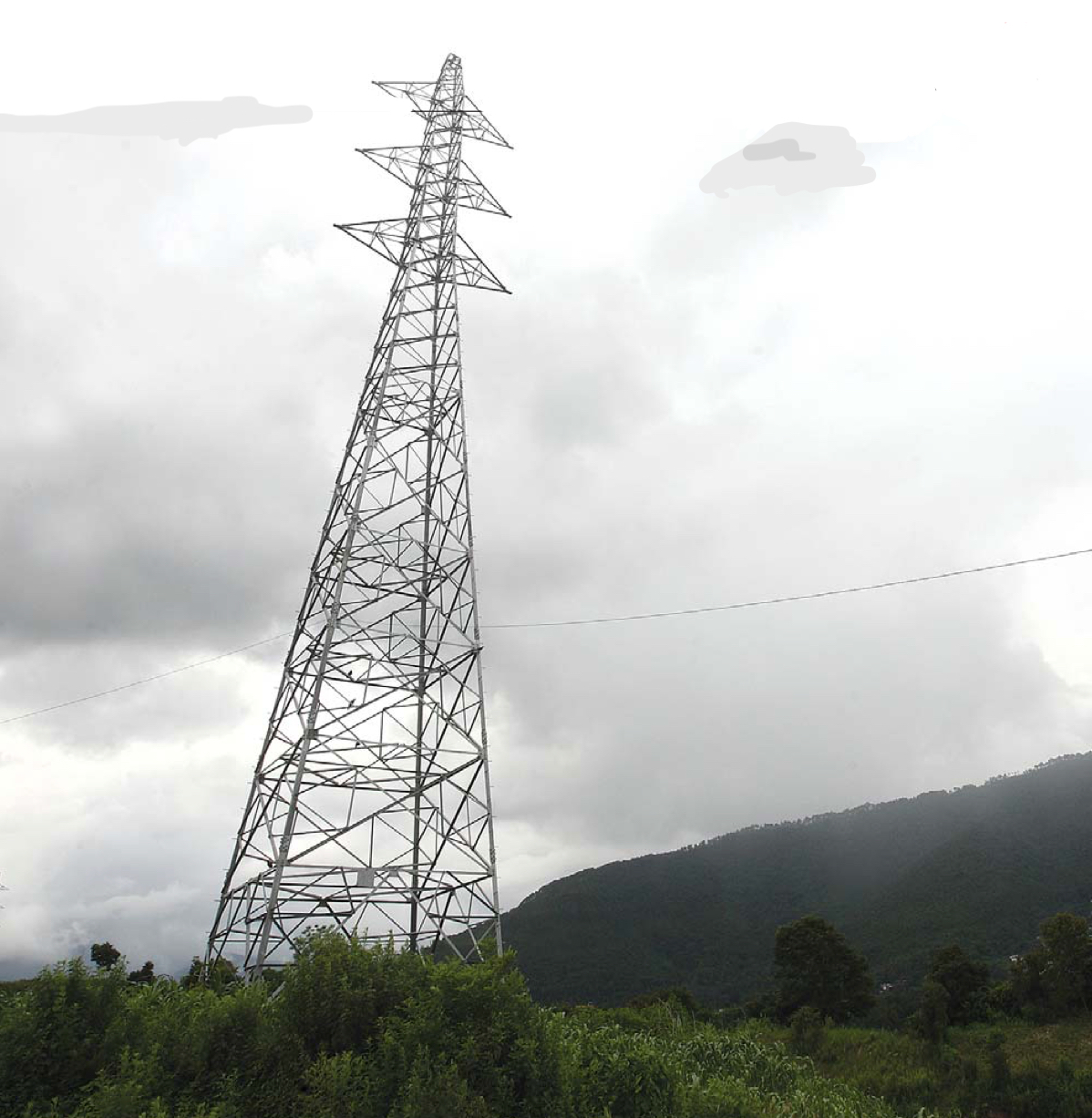The cost of no MCC

Nepal could lose Rs142 billion a year in wasted surplus energy if the Millennium Challenge Corporation (MCC) project designed to upgrade the electricity grid and highways is not endorsed by Parliament.
Nepal is currently generating 2,000MW of hydroelectricity with an additional 2,500MW under construction. This figure will soar to 7,300MW by 2025 as per Nepal Electricity Authority (NEA) estimates.
Presently, Nepal consumes 1,500MW of electricity during the peak season, which is increasing by 20% every year. At this rate, in the next four years, the peak demand will be at 2,600MW, which means there will be an excess of 4,700MW.
Nepal can export this surplus power to India and there are already agreements in place to facilitate trade between the two countries, but the existing Dhalkebar-Muzaffarpur cross border transmission line can only handle 800MW each way.
“If Nepal is unable to sell excess energy, we will be losing Rs142 billion every year. At a time when we are lagging in infrastructure, we shouldn’t stop the MCC from being approved,” says Dinesh Shrestha, chair of the Federation of Nepalese Chambers of Commerce and Industry (FNCCI).
FNCCI, Confederation of Nepalese Industries (CNI), Nepal Chamber of Commerce, Federation of Contractors’ Associations of Nepal, Independent Energy Producers’ Association and Nepal-US Chamber of Commerce and Industry have submitted a memorandum to Prime Minister Sher Bahadur Deuba urging the government to stop delaying the five-year compact and implement it soon.
This is the private sector’s second memorandum to the government in a month. The group also states that some 7,000 Nepalis will be employed during the construction phase of the MCC, which also includes the upgrade of arterial highways to facilitate efficient transportation.
The FNCCI memo comes just before the arrival in Kathmandu on Wednesday of US Assistant Secretary for South and Central Asian Affairs, Donald Lu during which he is expected to discuss the MCC ratification with Prime Minister Deuba and other party leaders.
It is an indication of the importance the US attaches to the project that Deputy Assistant Secretary for South ans Central Asian Affairs Kelly Keiderling also arrives in Kathmandu on Thursday.
Deuba met US President Joe Biden at the COP26 Glasgow summit two weeks ago, and revealed that he and Maoist leader Pushpa Kamal Dahal had written jointly to the US government saying the MCC would be ratified. But the project has become such a political hot potato in Nepal that Dahal quickly backtracked, clarifying that he had only said that it needed amendments before being passed.
A large chunk of the US-aided $500 million grant project is set aside to build the Kathmandu-Hetauda-Butwal 400KVa transmission line which will distribute electricity from existing and new hydropower plants on the Budi Gandaki, Trisuli, Kali Gandaki, Marsyangdi, Kosi, and Tamakosi corridors, and also connect to a high-capacity line to Gorakhpur so Nepal can sell surplus monsoon electricity to India.
In fact, in anticipation of the MCC project being completed, the NEA signed an agreement with the state-run Power Grid Corporation of India (POWERGRID) for the Butwal-Gorakhpur cross border transmission line extension two months ago in September, ahead of MCC vice president Fatema Z Sumar's visit to Nepal.
But the MCC, the biggest grant aid Nepal has ever received has become the victim of intense power struggle and political infighting within the country. It was first weaponised to unseat K P Oli and now threatens to split the ruling coalition led by Prime Minister Sher Bahadur Deuba.
The project is seen by the critics as part of America’s Indo-Pacific Strategy to counter China’s Belt Road Initiative. The anti-MCC rhetoric has gained such momentum that the public is convinced it supersedes Nepal’s Constitution and is anti-national, forcing even the staunch supporters from speaking in its favour.
Adds FNCCI’s Dinesh Shrestha: “The MCC is crucial for Nepal’s energy sector and is to our benefit. Moreover, this is a grant, not a loan. Further delaying and cancelling the compact will tarnish Nepal’s image and credibility in the world community.”
MCC or no MCC, one thing is for sure. Nepal must build transmission lines and upgrade its electricity grid one way or the other so as not to waste surplus energy it is set to generate in the near future.
Alternatively, experts say, the government must work immediately to electrify transport and cooking for domestic consumption of surplus power and reduce its import bill on petroleum products and LPG.




